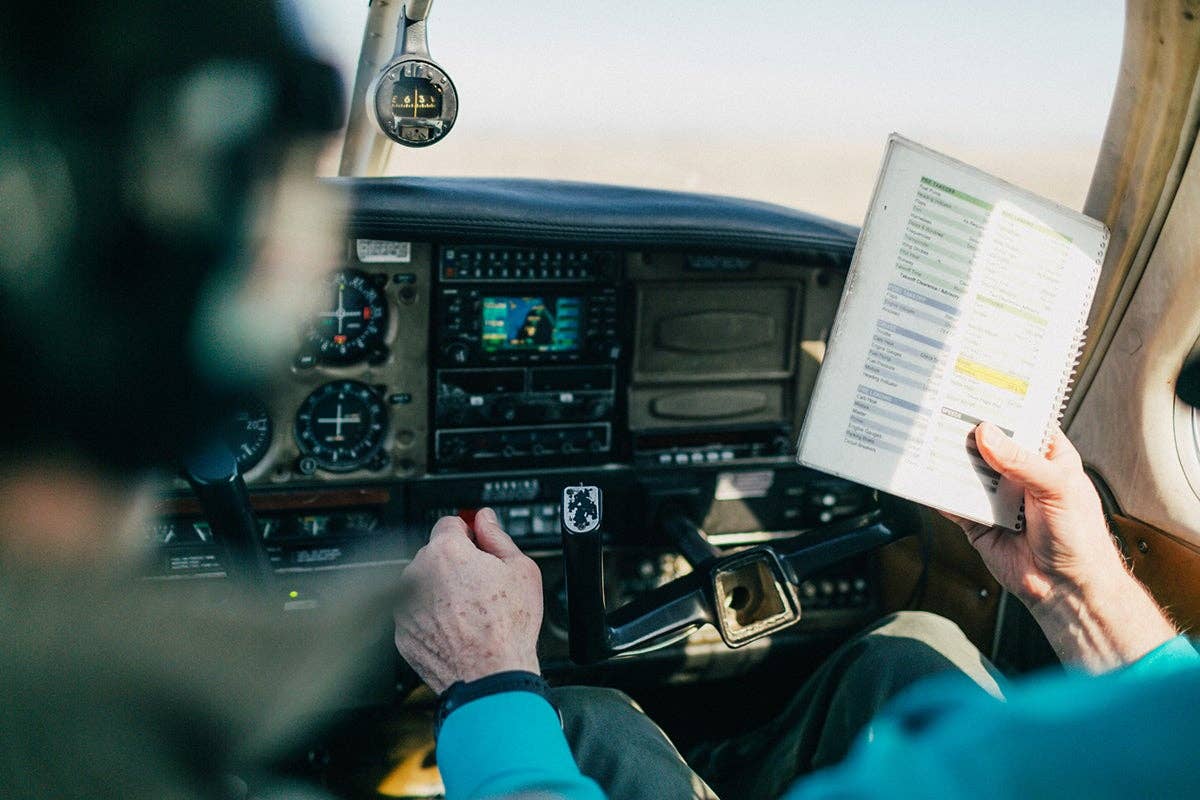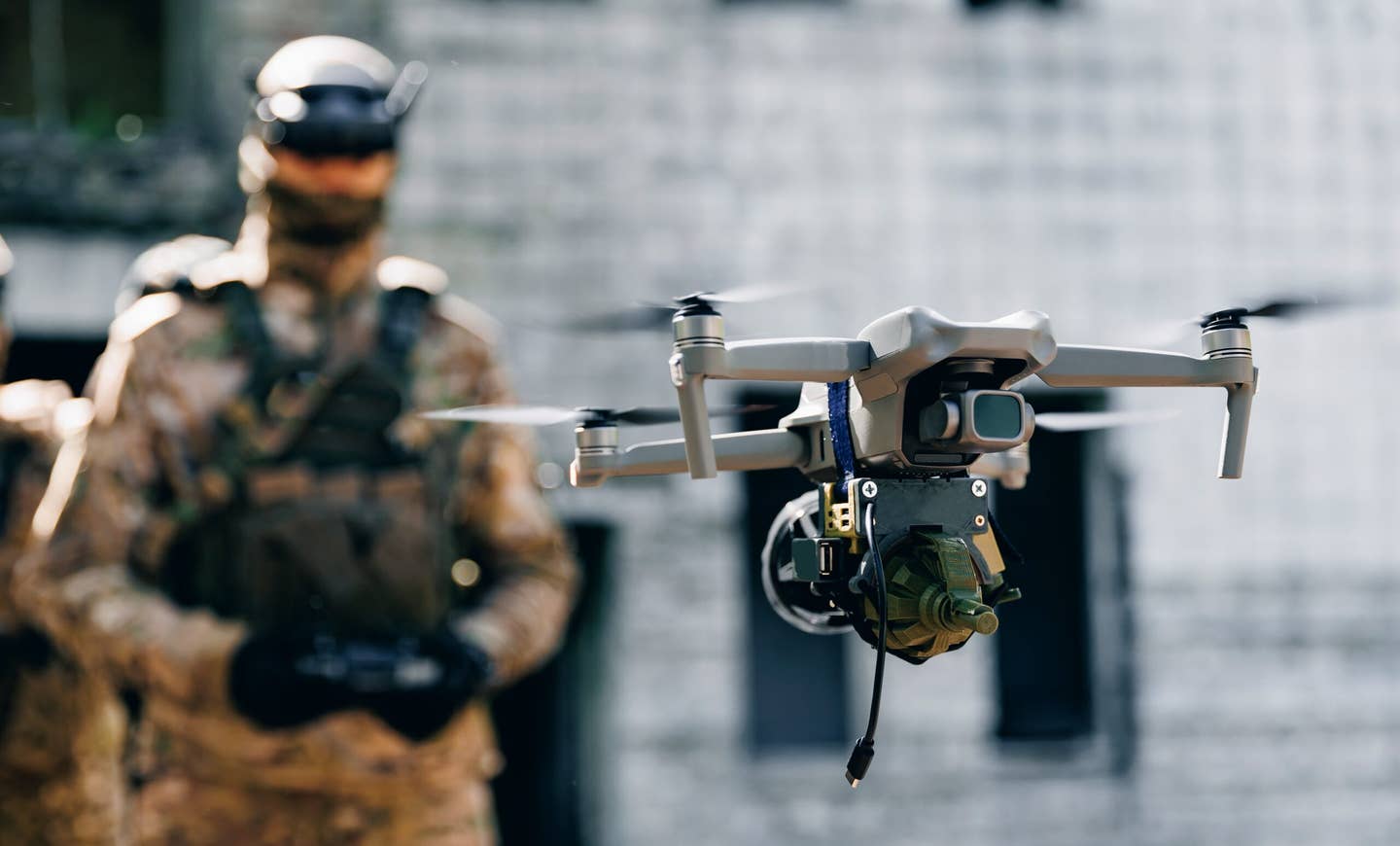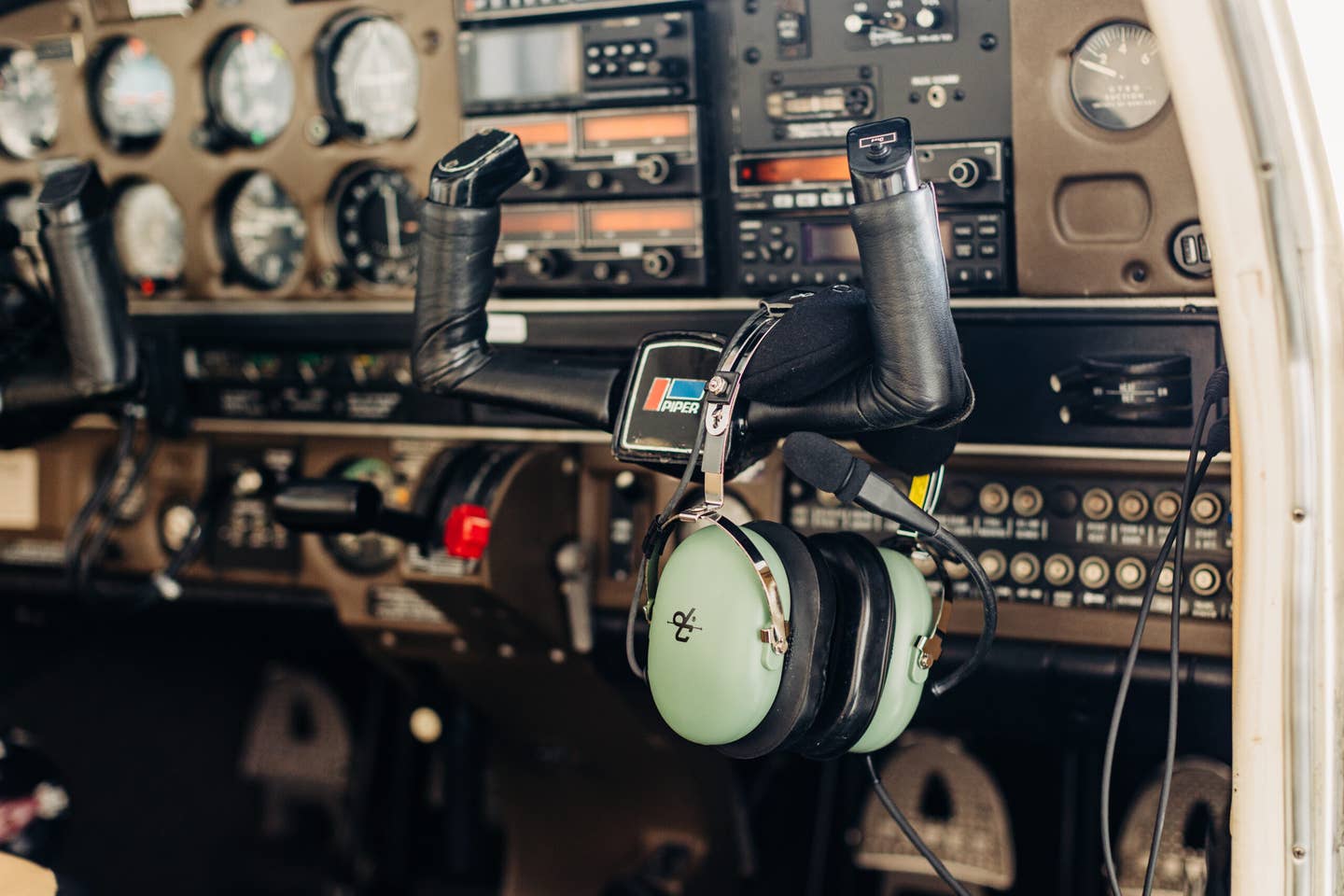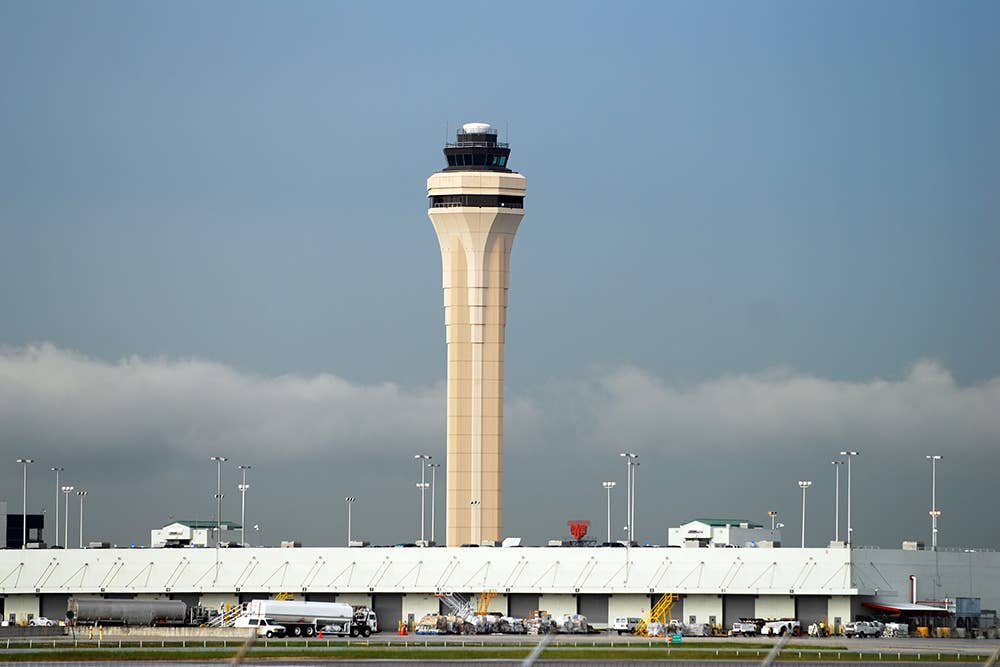When Experience Doesn’t Overcome Hazardous Attitudes
A student’s lack of progression toward solo flight underscores that time in a logbook does not equate to proficiency.

Flight training proficiency can’t be gained without first learning procedures and maneuvers. [Credit: Adobe Stock]
My flight student was anxious to solo. He had logged 20 hours a few years earlier and left that logbook at his parent’s home in another state, so he didn’t have access to it.
In his current logbook he had about 20 hours logged as well, but still no solo.
At the time, airlines were hiring at a rapid pace, and there was a lot of turnover at the flight school. Whenever a new CFI was hired, the learner would immediately ask for a change of instructor, citing the new instructor having a much more open schedule than more established CFIs.
From the CFI’s perspective, the student had a pattern of flying several times a week for a week or so, before he suddenly stopped showing up for both ground school and the scheduled flights. He was billed for the no-shows, and the CFIs put him on the bottom of their student load list as was school policy.
With the blessing of the chief CFI, a new-hire CFI and I crafted a plan. We agreed we would put the student through the stage 1 check to evaluate his skills for solo. I would do the ground portion, new-hire would do the flight. We hoped if two of us worked with him, he’d feel valued and come around.
It didn’t quite work that way. The learner's knowledge was not up to the level required for solo flight privileges although he had been in ground school for more than a year. What was supposed to have been a review turned into a lesson on airspace, systems, and FARs.
When asked if he was familiar with and had done the 15 things required for solo flight, for example, he said yes, but could not name a single one nor did he know where to look this information up in the FAR/AIM. (FAR 61.87).
A review of his then-current logbook revealed the last two pages—approximately 12 hours of flight time—consisted of the notation "pattern work" with three different CFIs, all of whom no longer worked at the school. He had logged about 40 hours total time, so he thought he should be allowed to solo.
He may have logged that time but the commensurate flying skills weren't there. He had demonstrated a number of bad habits, including failure to use a checklist or do clearing turns. His radio calls were weak, and he had difficulty staying ahead of the aircraft.
We gave him the benefit of the doubt and the next day he flew with me. There were a few soft spots, which we attempted to clean up. During the last three minutes of the flight, the landing was good, the radio call spot on, and now we were at the approach end of the runway at the nontowered airport, waiting to cross to get to the flight school ramp.
There was an airplane on short final, and I instructed him to hold short. Instead of waiting 60 seconds or so for the aircraft on approach to land, the student gunned the engine and raced across the runway. The aircraft on approach did a go-around. He smirked as the pilot of the aircraft expressed his distaste for the action over the radio. When I admonished him, he sort of snorted, saying he knew he could make it so he ignored my instruction to hold short.
I waited until the aircraft was shut down, then I fired him. He had intentionally cut off another airplane and was the poster boy for at least three of the five hazardous attitudes. This was about the difference between experience and proficiency.
You can have 10, 20, 30 hours in your logbook, but if they are far in the past or junk instruction as in pages and pages of "pattern work" or check-the-box instruction, the learner is little more than self-loading ballast. You can’t gain proficiency if you didn’t learn the procedures or maneuvers in the first place.

Sign-up for newsletters & special offers!
Get the latest FLYING stories & special offers delivered directly to your inbox






